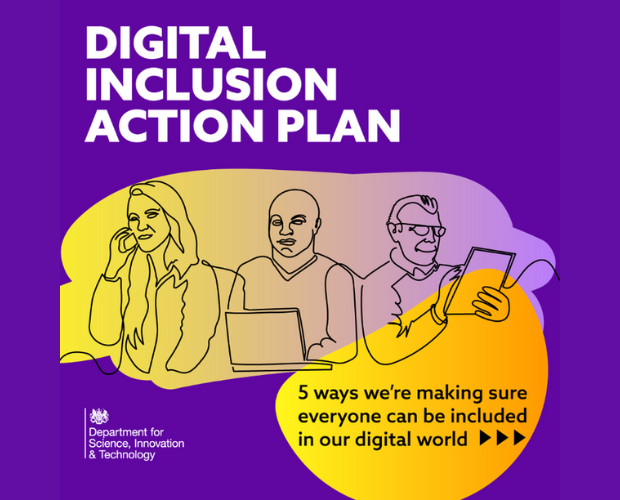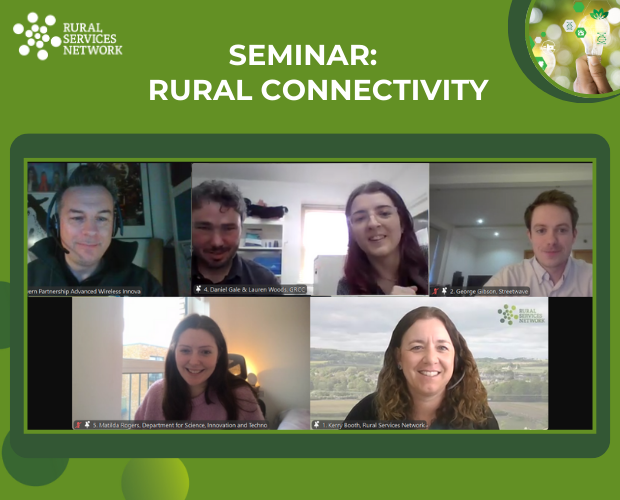T: 01822 851370 E: [email protected]
UK 'heading towards digital skills shortage disaster'
The UK is heading towards a "catastrophic" digital skills shortage "disaster", a think tank has warned
The Learning & Work Institute says the number of young people taking IT subjects at GCSE has dropped 40% since 2015.
Experts say digital skills are vital to economic recovery following the pandemic.
The Learning & Work Institute's research reveals that 70% of young people expect employers to invest in teaching them digital skills on the job, but only half of the employers surveyed in the study are able to provide that training.
Full article:
The BBC - UK 'heading towards digital skills shortage disaster'
Whilst digital skills are vital, the RSN recognises the importance of digital connectivity and has campaigned for the improvement of connectivity in rural areas.
Digital connectivity is a key enabler of business innovation and an important driver of productivity growth. Rural based businesses of all sizes and in all economic sectors (including the self-employed) need access to fast and reliable broadband and mobile networks if they are to thrive, compete and reach new markets.
Digital connectivity creates new opportunities for businesses to set up in or locate to rural places, bringing jobs and wealth to those areas. As the Covid-19 pandemic has demonstrated, it also enables home working from rural settings, which many employers may expect in the future.
Digital connectivity allows those who are on the move to stay in contact, download information and work remotely, in keeping with modern day expectations of business people, residents of all ages and (crucially, from a rural perspective) those visiting or holidaying in an area.
Digital connectivity offers rural residents the option to access many services without having to make long or complex journeys. It has rapidly become a key means for accessing banking, education, and healthcare, to name just three examples. It can also help address rural loneliness and isolation.
Some 7% of rural premises (or 274,000 households and businesses) in England cannot access a decent fixed broadband connection of 10 Mbps. This is the threshold set for the broadband USO, which the regulator (Ofcom) considers necessary for everyday use, though it is likely to prove inadequate for many business or home working users.
As part of our Revitalising Rural campaign, the RSN has set out a number of policy areas and asks of Government including Digital Connectivity which is available at this link: https://rsnonline.org.uk/images/revitalising-rural/rural-connectivity.pdf
Our particular ask in relation to Digital Skills is:
Government should announce a fully funded Digital Inclusion Programme, so no citizens (rural or otherwise) are left behind due to their lack of online skills or their inability to pay for basic equipment and connection charges. Key strands are likely to include training and the recycling of IT. As recently highlighted by the Communications Consumer Panel, the Covid-19 experience has brought home just how important this issue now is, with some left isolated and struggling to access basic services, such as shopping, banking, education and health care. Although it will require national resource, this should be a locally delivered programme, involving statutory, private and voluntary sector organisations working in partnership.
SIGN UP TO OUR NEWSLETTER
Sign up to our newsletter to receive all the latest news and updates.










